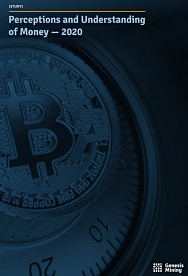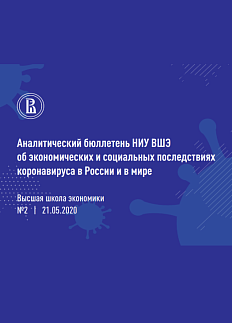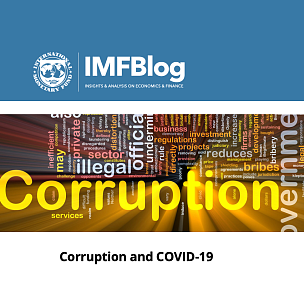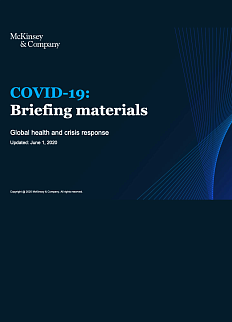Genesis Mining conducted a survey of Americans and prepared a study on their understanding of the country’s financial system.
The Roscongress Foundation presents the salient points of the publication accompanied by fragments of broadcasts of relevant panel discussions from the business programme of international events held by the Roscongress Foundation.
The majority of Americans either have the wrong information about the financial systems or, don’t have any knowledge about it.
So, to the question — what is the US dollar backed by — 42% answered that it’s backed by the US Government. But 28.5% said it was backed by gold — which is incorrect — and the remaining 30% answered that they thought it was backed by either oil, bonds, or nothing, or they just didn’t know.
Authors also asked, who is responsible for creating more money. About 60% of respondents knew that the Federal Reserve, which is considered the nation’s central bank, is able to create more money and inject it into economy and is responsible for the overall money supply. The remaining 40% of respondents, however, weren’t sure, with a quarter of respondents believing it to be the US Mint (who simply makes coins in response to policy demand). 6.8% said they didn’t know.
To the question «Does your bank need to hold the exact amount of money that customers deposit at all times?» more than half — 63.7% — responded that no, your bank does not need to hold the exact amount of money at all times, which is correct. Banks tend to only keep enough cash in their vaults to anticipate their transaction needs. Yet 36% of respondents incorrectly believe that yes, banks always hold all cash amounts in their vault. Wherein 45% of respondents didn’t know how much needed to be in reserve.
Most Americans trust their banks 77% of respondents replied that, they do trust their bank. Only 1.5% strongly disagreed.
About 80 % trust their bank to keep their money secure and trust their bank to keep their personal information secure.
It is worth noting, that when authors compared banks to other societal and cultural institutions, they found that respondents still had a lot of confidence in their banking institutions. Respondents trust banks more than they trust police, much more than they trust Congress, much more than they trust the media and even more than they trust lawyers.
Inflation concerns rise among Americans.
Nearly half of respondents— 46.8% — indicated that their concerns about inflation had increased over the past year. This is most likely due to one of the biggest hits to economy in recent history: COVID-19. Has the global pandemic lead not only to fears about employment and the economy, but to an increase in fear that the dollar is going to lose buying power? Yes.
Authors also asked if the US government added additional money to stimulate the economy due to COVID-19, with 73% saying yes, and it has. The Federal Reserve has injected trillions of dollars into the economy and exacted other monetary policies to keep everything afloat. But such policies could — as our respondents maybe sense — lead to higher levels of inflation.
Despite digitalization and increasing financial literacy, the importance of cash in society remains.
Despite the strengthening of digitalization processes, still, 26.8% of respondents believe that in 100 years, our society will still be using physical cash.
When authors asked, whether the US government should replace physical currency with a digital-only dollar, only 24.8% said «Yes,» with more than half respondents saying «No.» In other words, despite our increasing reliance on monetary payments and exchanges being only numbers online, there’s still a high level of dependence, confidence, and trust in physical currency.
In 2020, 87.3% of respondents have heard of either Bitcoin specifically or cryptocurrency in general, which indicates an incredibly widespread awareness. It is worth noting, that while there were responses that felt negatively about cryptocurrency, they fell into the lower percentiles, meaning that while awareness is increasing, understanding around the potential and benefits of Bitcoin and cryptocurrency is increasing as well.
For more information about financial system, please see the Financial market, and Cryptocurrencies, and StayHomeEconomy for information about response to the coronavirus outbreak and possible ways to stabilize the economy in the face of a pandemic.






